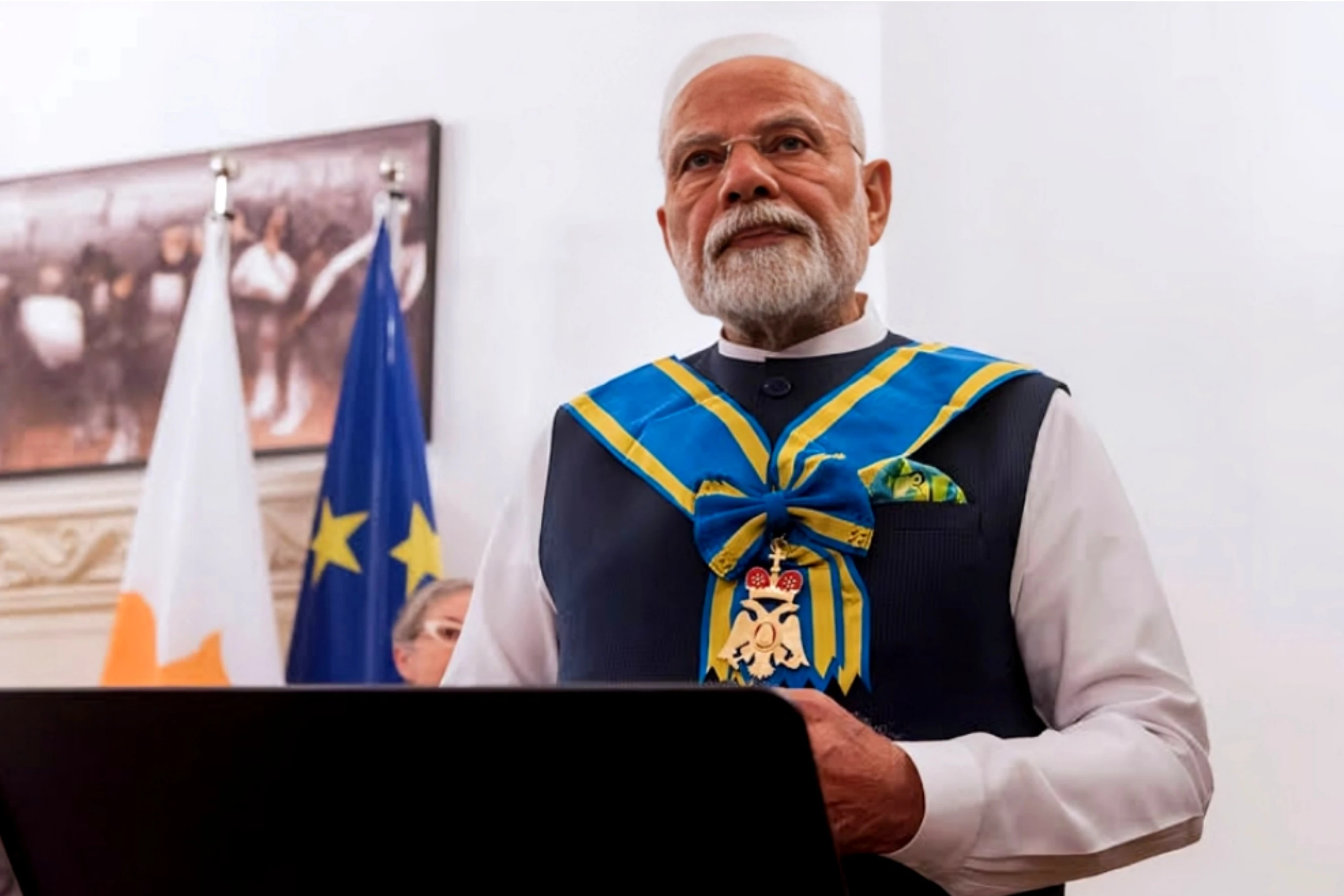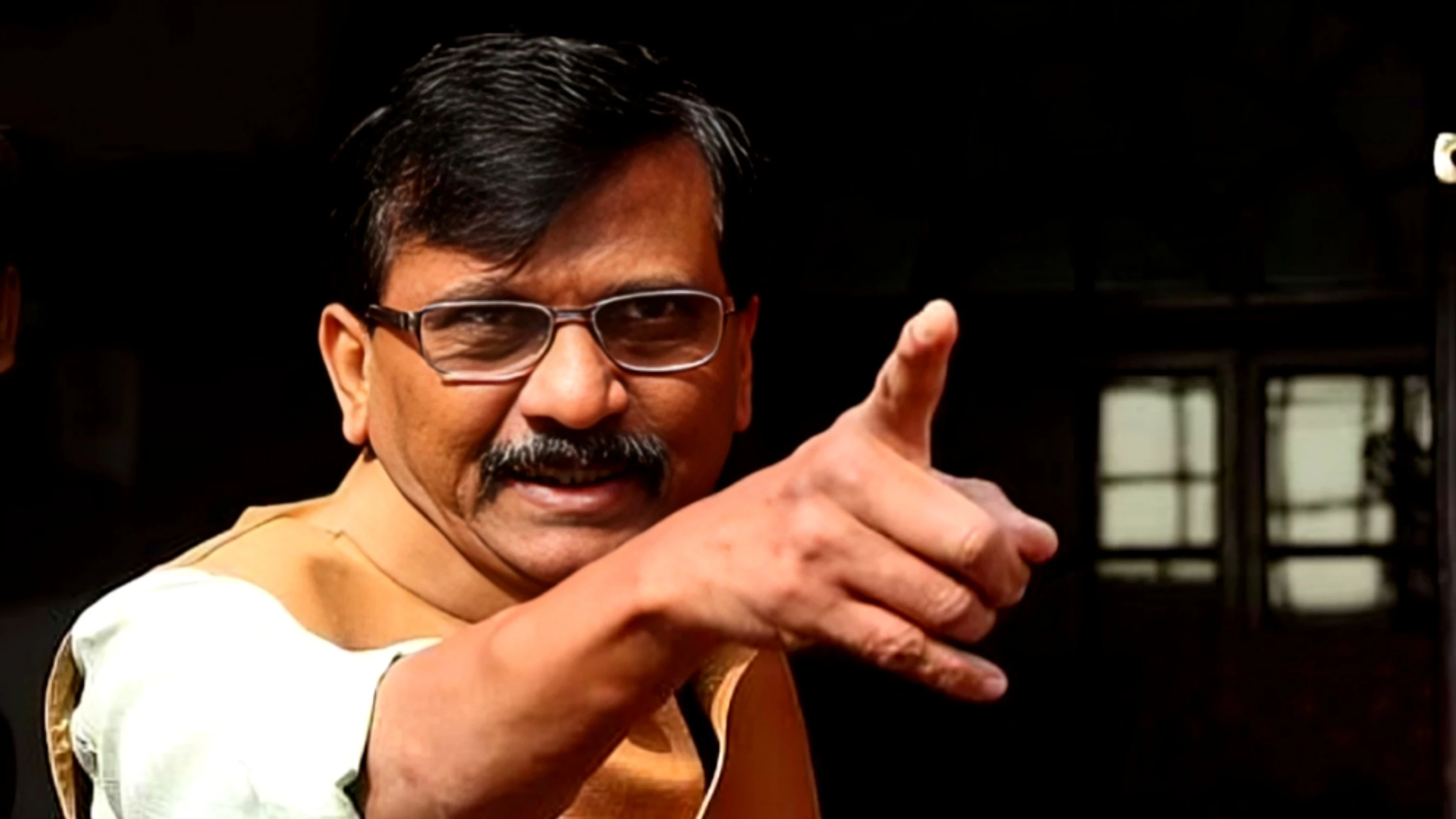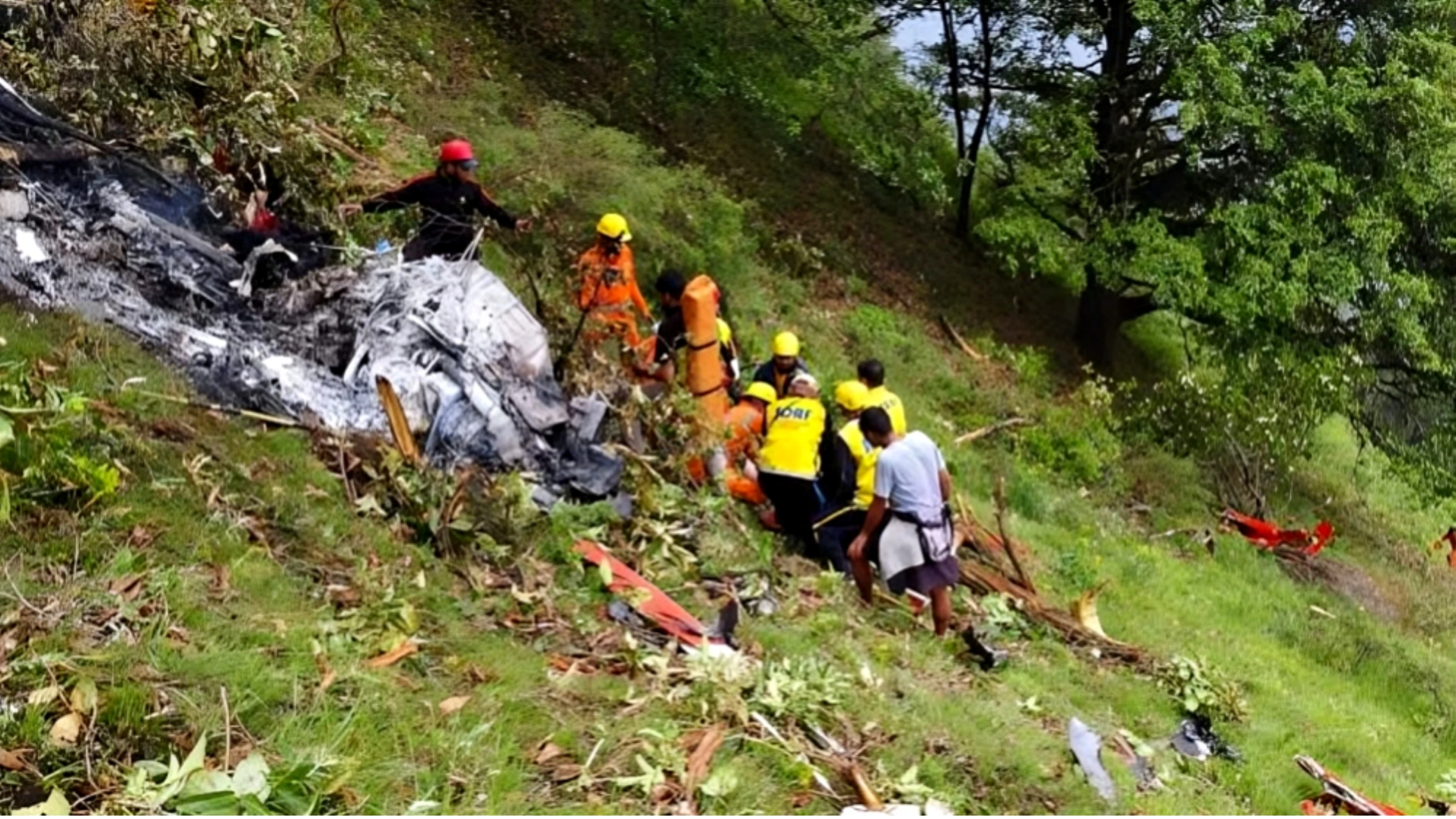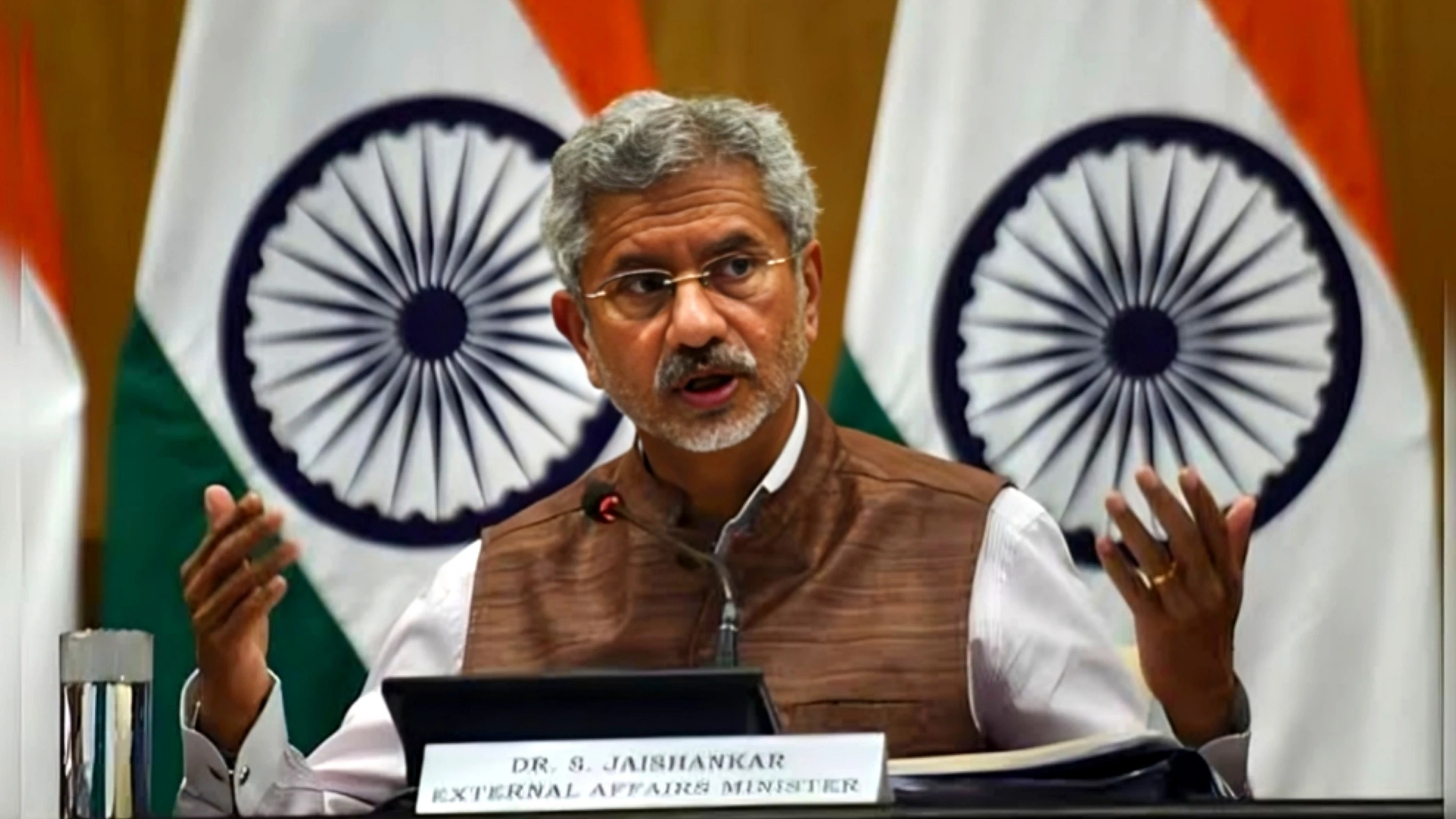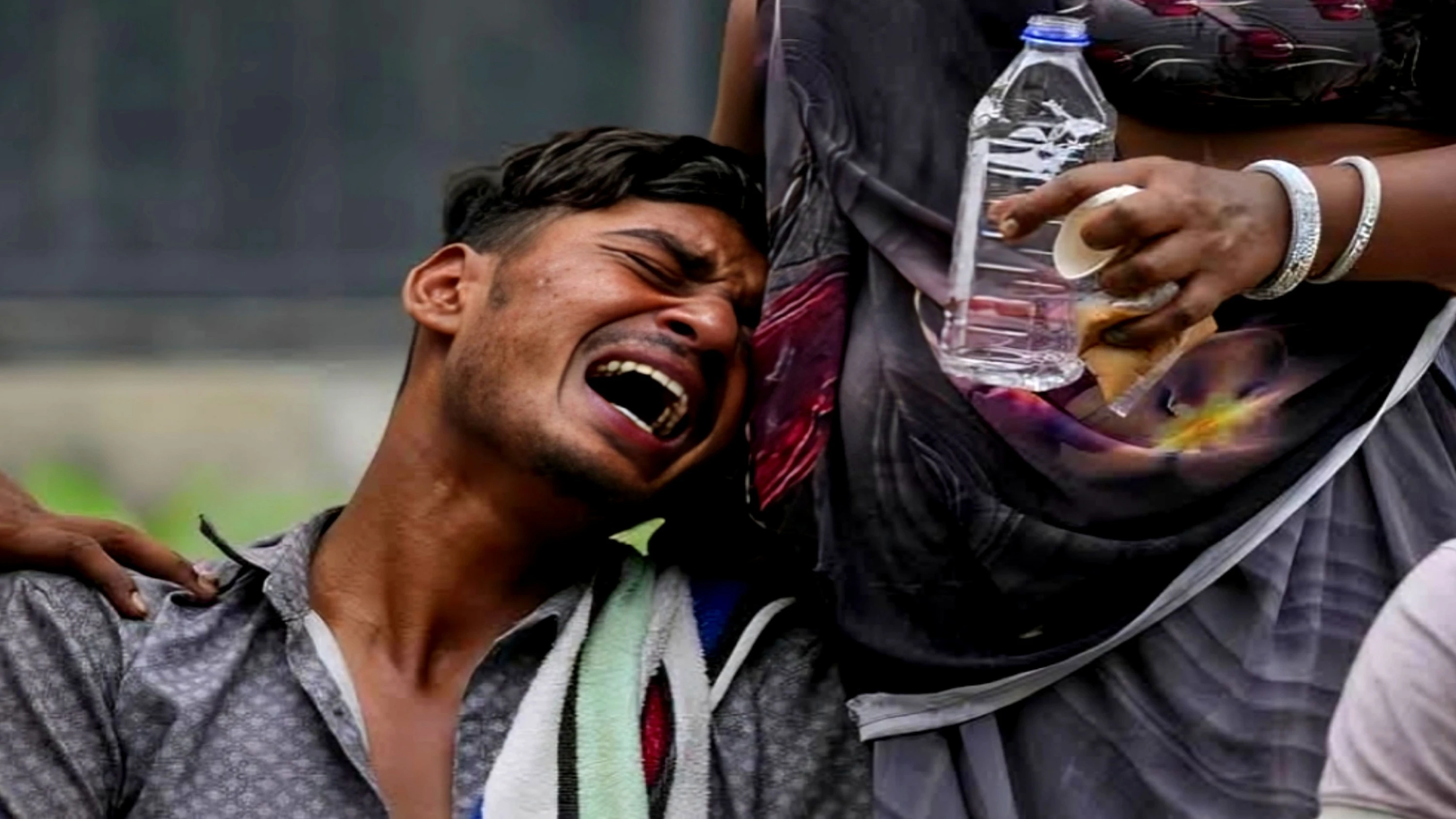Move ends decades-long ban on broad caste enumeration; leaders cite data for welfare and reservations.
New Delhi 1st May : In a landmark decision on April 30, 2025, the Union Cabinet approved the inclusion of caste enumeration in the upcoming national census. Information Minister Ashwini Vaishnaw announced that the government will systematically record citizens’ caste identities in the next population count to improve transparency and policy planning. He noted that several states had already carried out their own caste surveys—some “purely from a political angle, in a non-transparent way”—and said a central census will standardize data collection. The Cabinet’s move responds to years of political and social pressure to gather comprehensive caste data, a break from past practice in independent India.
Historically, colonial-era censuses (1881–1931) regularly recorded caste. After Independence, however, India discontinued broad caste counts; post-1951 censuses only listed Scheduled Castes and Scheduled Tribes, not other groups. In 1961 the Centre allowed states to conduct their own surveys of backward classes, but no national caste count was undertaken. The only recent attempt was the 2011 Socio-Economic and Caste Census (SECC), which collected detailed caste and economic data, but its findings were never formally released amid concerns over accuracy. As a result, India has lacked up-to-date information on the population of Other Backward Classes and other castes.
Some states have since moved independently. Notably, Bihar’s government under Chief Minister Nitish Kumar conducted a two-phase caste survey in early 2023. When released in October 2023, that data showed Other Backward Classes and Extremely Backward Classes together made up over 63% of Bihar’s population. Similar caste surveys were announced by Andhra Pradesh and Telangana authorities. These findings, and vocal demands from opposition parties, helped make a national caste count an election issue – especially with key state polls looming.
Proponents say a caste census has major policy benefits. By collecting caste-wise demographic and socio-economic profiles, officials can see which communities have benefited from government programmes and which remain marginalized. This will allow targeting welfare schemes and resource allocation more effectively. It will also inform debates on affirmative action: current reservation quotas in jobs and education are based on decades-old data, and updated figures could prompt calls to revise the existing 50% cap on total quotas. For example, Congress leaders have already urged that any new caste count be accompanied by measures to ensure backward classes receive commensurate share of government opportunities. Critics of the idea caution that caste-based data risks reinforcing divisions, but supporters argue that understanding social disparities is essential for inclusive development.
Political Reactions: Government and allied leaders broadly welcomed the decision. Home Minister Amit Shah praised the move as “historic,” saying it sends a “strong message of commitment to social equality” and will empower disadvantaged groups. Uttar Pradesh Chief Minister Yogi Adityanath similarly called it a “decisive step” for proper representation of deprived sections in government schemes. Union minister Chirag Paswan (Lok Janshakti Party) thanked Prime Minister Narendra Modi, calling the census a “huge and historical decision” that fulfilled his party’s longstanding demand. BJP leaders also pointed out that previous Congress governments had opposed a caste census for decades, framing the announcement as a vindication of their own commitment to social justice.
Opposition and regional parties leapt on the announcement as a victory for their agenda. Congress figures, who had campaigned vigorously for caste enumeration, hailed the decision as “better late than never”. Rahul Gandhi took to social media to claim credit, posting that “everyone will know clearly who has how much representation in the country’s institutions” once the census is done. In Bihar, RJD patriarch Lalu Prasad Yadav said the move vindicated decades-old socialist demands, noting wryly that ideas like caste census and equality often come to fruition long after they were first proposed. His son and RJD leader Tejashwi Yadav called it “a big win” achieved through the sustained pressure of backward-class groups. Samajwadi Party chief Akhilesh Yadav declared it a “100% victory” for the PDA (Pichhade, Dalit, Alpashankhak) alliance of backward, Dalit and minority voters. Even Congress MPs such as Jairam Ramesh and Udit Raj described it as Congress’s long-demanded reform and “finally a victory” for the party. Tamil Nadu Chief Minister MK Stalin (an NDA ally) welcomed the decision but questioned when the census would actually take place, underscoring that implementation details still need clarity.
Implications: Analysts say the timing is clearly influenced by upcoming elections, especially in caste-sensitive states like Bihar. By agreeing to a caste census, the Modi government undercuts a key opposition campaign plank ahead of the polls. Over the longer term, the new caste data will shape India’s social justice policies and development plans. Planners will be able to allocate resources and design schemes with finer granularity, focusing on communities shown to be lagging. As one government aide noted, understanding the caste-based “demographic and developmental profile” of the country is crucial for policy planning and resource allocation. At the same time, success will depend on executing the census efficiently and transparently. In the coming months, the government will have to announce the census timeline and ensure rigorous methodology, so that the resulting data can legitimately guide affirmative action, welfare programs and national development strategy.
Sources: Government statements and reports, including The Times of India, Reuters, Hindustan Times and other news media, as cited above.



